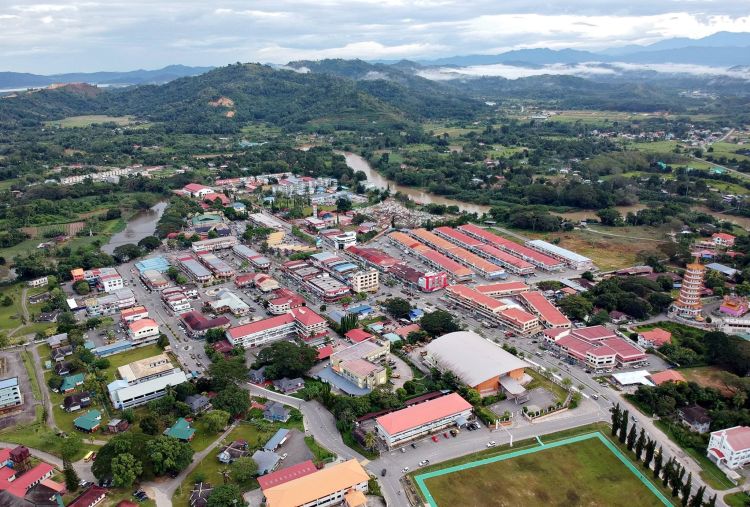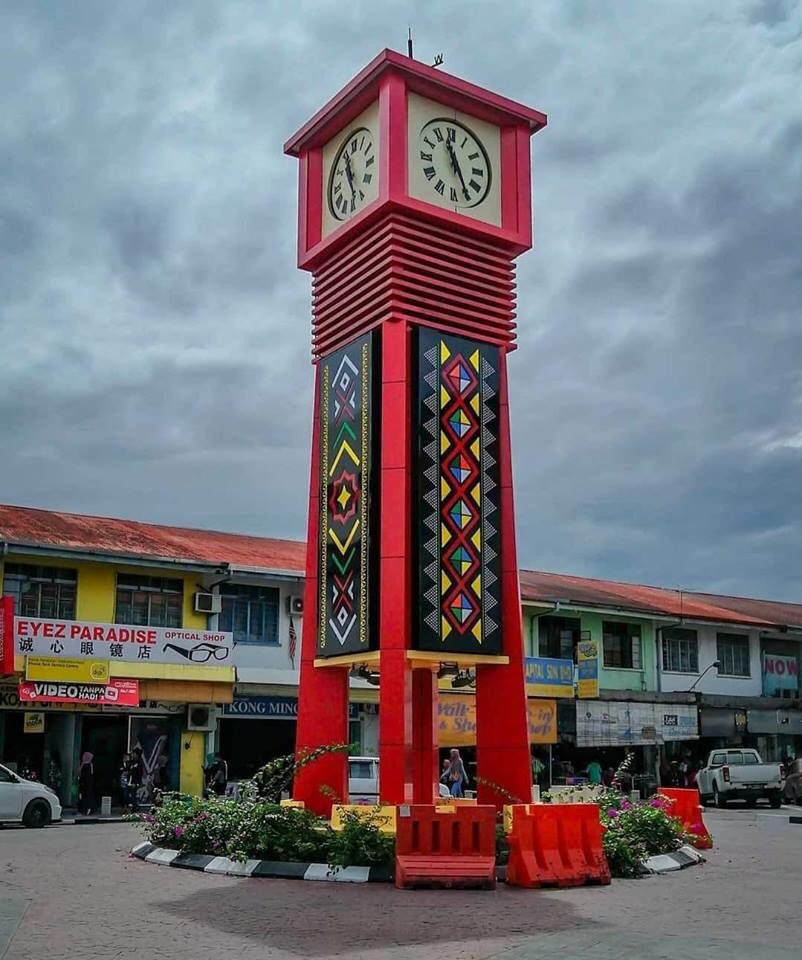
Firtst of all, the name Tuaran is believed to be derived from the Malay language, “Tawaran”. Its meaning to bargain, as it is fact that trading activities had been taking place within Tuaran area before the British Colonization commenced in 1884. Besides that, Tuaran is the capital of Tuaran District in the West Coast Division of Sabah, Malaysia. Its population is estimated to be around 134,976 in 2023 with half of the population consisting of the Dusun ethnic group, most of the Lotud ethnic subgroup and Bajau descent.
Tuaran situated in the West Coast of Sabah, it takes approximately an hour to reach Tuaran town from the state capital, Kota Kinabalu via the common route Tuaran Bypass heading to Old Tuaran Road. This strategic location has endowed the city with access to maritime trade routes and fertile land, making it an attractive settlement for early inhabitants. These communities were mainly agrarian, relying on subsistence farming and fishing for their livelihoods. The geography of Tuaran, with its fertile plains and proximity to rivers, facilitated their agricultural practices.
With Malaysia's independence in 1957, Tuaran became an integral part of the country's political fabric. The city's inhabitants actively participated in the political process and witnessed the formation of political parties, reflecting the diverse ethnic makeup of the population. After that, Tuaran experienced remarkable socio-economic development in the post-independence era. The establishment of infrastructure, including roads, schools, and healthcare facilities, improved the living standards of the residents in Tuaran, Sabah.

Over the years, Tuaran's population has witnessed substantial growth. The city's economy diversified, with agriculture, fishing, and tourism becoming significant contributors. The geography of Tuaran, with its beautiful beaches, lush rainforests, and cultural heritage, attracted both domestic and international tourists, fostering economic growth. The inhabitants of Tuaran represent a variety of ethnic backgrounds, including the Bajau, Kadazan-Dusun, Chinese, and Malay communities.